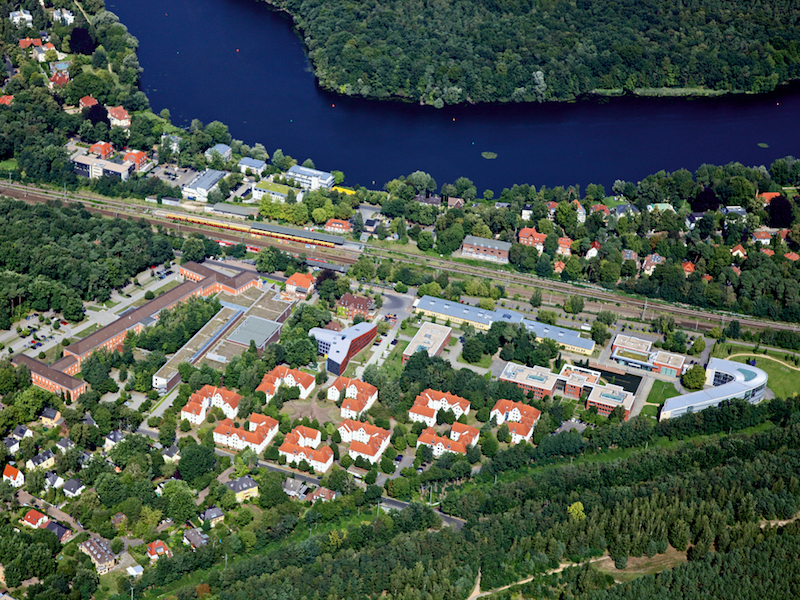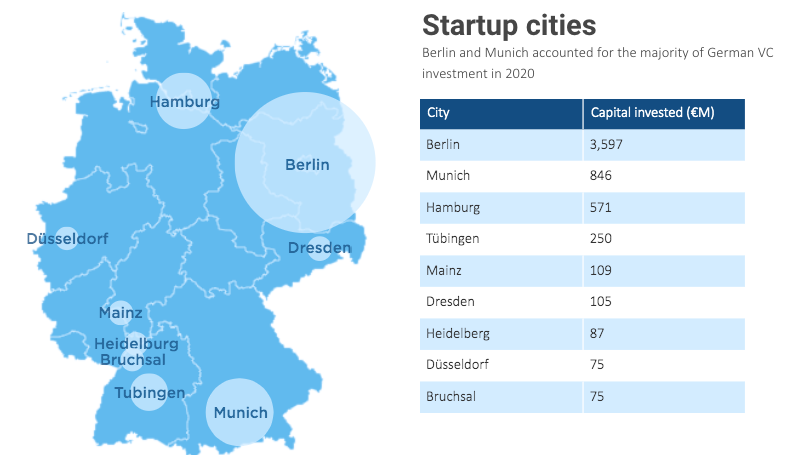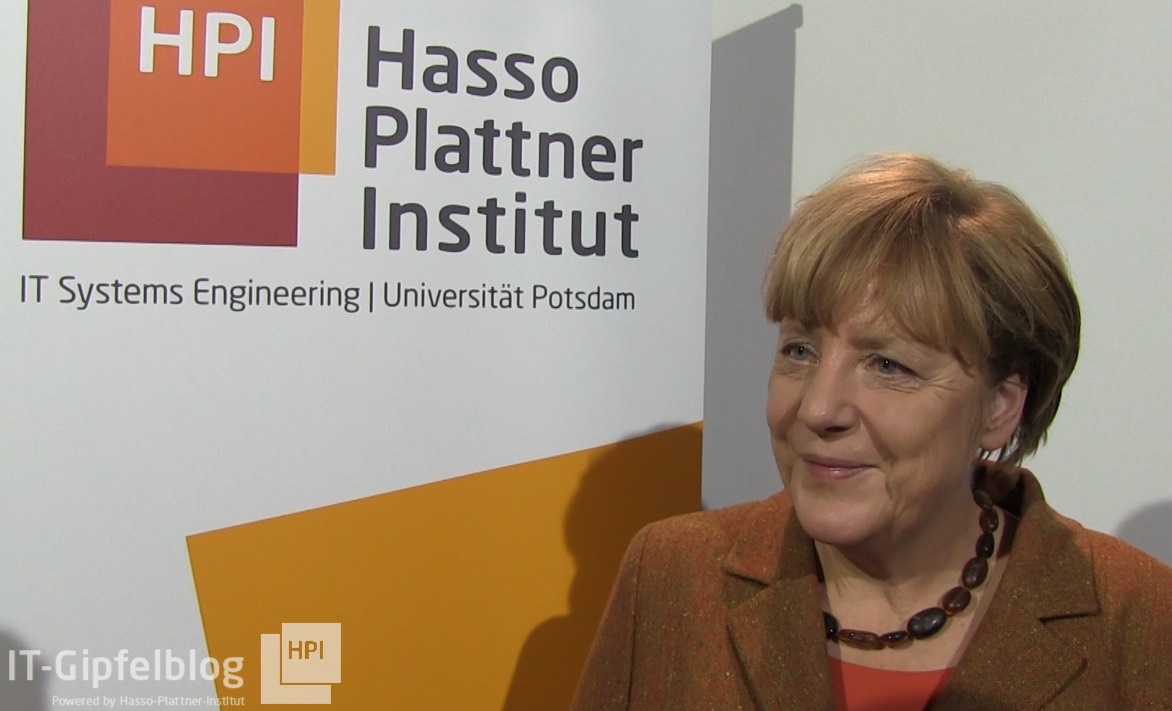Why Join the HPI AI and Intelligent Systems Group?
Reputation



- For over a decade now, the Hasso Plattner Institute (HPI) has had the #1 ranked computer science program in Germany, according to the CHE Ranking, which is the main German academic ranking.
- The Hasso Plattner Institute has a strong reputation in Germany. It aspires to make substantial contributions to society by emphasizing high-impact research and promoting entrepreneurship and startups.
- HPI is a non-profit research institution affiliated with the University of Potsdam. The University of Potsdam was ranked #24 in the Times Higher Education Young University Rankings 2019 and #41 in Nature's Top 175 young universities.
Research
- Our group works on AI (Artificial Intelligence), NLP (natural language processing), and Data Science/Machine Learning, focusing on enabling a deeper understanding textual and other forms of data. Further details are available on our group home page.
- In addition, there are also ample opportunities for collaboration. We are part of the ELLIS Unit Potsdam, which brings together top AI/ML talent in Potsdam. The HPI has large research groups working on related topics such as machine learning (Ralf Herbrich), data-driven information systems (Felix Naumann), Web and Internet technology (Christoph Meinel), Human Computer Interaction (Patrick Baudisch), optimization and graph algorithms (Tobias Friedrich), data analytics (Bernhard Renard), data engineering (Tilmann Rabl), computer vision (Christoph Lippert), and several others. Berlin further has world-renowned research groups on machine learning and Big Data.
- HPI doctoral candidates have gone on to become professors at institutions such as MIT, ETH Zürich, the University of Chicago, National Taiwan University, TU Berlin, the University of Stuttgart, et al. Others have been very successful in industry.
- The HPI maintains a number of international branches and affiliations. These include the Hasso Plattner Institute New York in New York City, the Hasso Plattner Institute for Digital Health at Mount Sinai, also in New York City, the Hasso Plattner Institute of Design at Stanford University, along with a number of research schools across the globe.
- The HPI has outstanding ties to industry. Numerous staff members and students have successfully co-founded startups. The Berlin region is the #1 tech hub in Germany, and one of the main ones in Europe, with numerous startups as well as big tech companies such as Amazon, Google, Zalando, SAP, and so on.
- The University of Potsdam has one of the largest linguistics departments in Germany. Other well-known research labs doing computational linguistics include those of Manfred Stede, David Schlangen, and Shravan Vasishth. There is also the Potsdam Research Institute of Multilingualism (PRIM) led by Harald Clahsen. Check out this YouTube video for more.
- Additionally, the broader region has several other major universities (especially Humboldt University of Berlin, TU Berlin, FU Berlin) as well as numerous research labs (e.g., DFKI, Wikimedia, the Hertie School, the Berlin-Brandenburg Academy of Sciences and Humanities).
Location
- Live in Berlin, one of Top 15 most livable cities in the entire world according to the well-known Mercer Quality of Living Survey. Berlin has numerous historic sights, is world-famous for its a vibrant cultural scene and nightlife, and yet is one of the most affordable major cities in Western Europe. The area is also the most active part of Germany in terms of entrepreneurial funding.
- Our campus has its own regional train (S-Bahn) station ("Griebnitzsee"), so you can easily reach many different parts of Potsdam and Berlin (20 minutes to Berlin-Charlottenburg).
- Our campus is located in Potsdam's Babelsberg district (essentially the Hollywood of Europe), just 2 minutes' walk away from the Griebnitz lake. Potsdam is a UNESCO World Heritage Site with wonderful parks, palaces, museums, and many tourists. In fact, substantial parts of the University of Potsdam are housed in UNESCO World Heritage Site buildings. In the broader region, there are plenty of opportunities for swimming, hiking, and so on.
- Germany is in the heart of Europe and many other European countries are within a few hours of travel.
Why Germany?
- In Germany, there are no tuition fees for graduate students and doctoral candidates. Indeed, doctoral candidates receive a substantial salary or stipend. In Germany, doctoral candidates are not considered students and typically do not need to take any courses.
- Did you ever wonder why a PhD is called a PhD? The first ever doctorates in philosophy were awarded in Germany in the 17th century. In the 19th century, universities in the US and elsewhere sought to emulate the German model. The biggest faculty at the University of Berlin and other German universities was the Philosophical Faculty (similar to a modern Faculty of Arts and Sciences). Thus, most doctoral degrees came with the title Doctor of Philosophy.
- No city in the US comes close to Berlin in terms of quality of life. In the US, there is no general paid maternity leave for mothers, there are many thousands of gun homicides per year, and you can end up becoming homeless if you get sick, despite having "good" health insurance. Regarding Germany, many consider the language to be one of the main downsides, but fortunately this is much less of an issue in Berlin (see below).
Diversity
- Our lab is committed to diversity and inclusion with respect to gender, ethnicity, sexual orientation, abilities, etc.
- Gerard de Melo has close ties to three different continents and has been a faculty member at Rutgers University, a very well-known university in the United States, and at Tsinghua University, often considered China's most prestigious university for Science & Technology. The HPI has a lot of international staff, and no knowledge of German is needed. More generally, Berlin is a highly international world city with hundreds of thousands of international citizens and expats (e.g., around 20,000 Americans), many of which do not possess any knowledge of the German language. Potsdam, as a UNESCO World Heritage site, welcomes millions of tourists per year from all over the world. Portions of the institute's website are available in Mandarin Chinese.
- The Hasso Plattner Institute is highly committed to increasing gender diversity and runs a a number of programs, including Girls' Day for highschool students, the "Women in Tech" talk series, and the Lounge for women. See the home page of our Gender Equality Officers and the Initiatives for Women page for more details.
How to Join Us?
COVID-19 Situation: In light of the COVID-19 pandemic, some members of our team are currently working from home and we are particularly flexible about remote work.
- Doctoral Positions: Feel free to reach out to Gerard de Melo directly. Details regarding the administrative procedures for enrollment can be found at the University of Potsdam Digital Engineering Faculty website. Most positions are full-time but we can also consider part-time positions upon request.
- Doctoral Degrees for Industry and other Researchers: We may be able to accommodate researchers wishing to pursue a doctoral degree externally while continuing to work at their company or research institute. This option is especially well-suited for computer scientists working in an industrial research lab. Please contact Gerard de Melo to discuss this.
- Post-Doctoral Researcher Positions: Feel free to reach out to Gerard de Melo directly. Most positions are full-time but we can also consider part-time positions upon request. Exceptionally strong and experienced post-docs can also eventually apply to become a Senior Researcher at HPI.
- Undergraduate and M.S. students: To collaborate on research projects, please contact Gerard de Melo directly providing some details about your experience and your plans (e.g., how long you expect to be available for such a collaboration). We work with local as well with remote students. For enrollment as a student at HPI, please refer to the online application website.












